Knowledge center
Blog Home
Equilar Blog
Combine and Cash In: Executive Awards for Inversions and Mergers

March 4, 2016
2015 saw heightened M&A activity as all industries participated in a whirlwind of corporate transactions.
At the forefront of this consolidation flurry, corporate inversion situations and mergers of equals gained significant attention
with corporate, or “tax,” inversions being the most controversial. An inversion, which can be seen as a strategy to reduce corporate
tax burdens, occurs when a U.S. corporation is “acquired” by a (usually smaller) foreign company. The foreign acquirer is required to
own as little as 20% of the combined company after the transaction takes place, which is often seen as a controversially low threshold
of ownership. Relocating headquarters to a country with a lower tax rate works best for U.S. companies that receive a significant
portion of total revenue abroad, because subsequent to the inversion, the “acquired” company is subject to the U.S. 35% corporate tax
rate (one of the world’s highest) only on the revenues generated within the U.S.
As of November 2015, more than 50
U.S. companies have reincorporated
in low-tax countries
since 1982, but 20 of those have occurred since 2012, according to Bloomberg. This list includes Actavis and Allergan, Medtronic and
Covidien, and Perrigo and Elan, to name a few. Some inversions also fall under the “merger of equals” umbrella—such as
Willis Towers Watson, Actavis (now Allergan) and Forest Labs, Tornier and Wright Medical, and
the proposed Johnson
Controls and Tyco combination—where companies of similar size combine with expected cost or revenue synergies. In these scenarios,
executives are often awarded for their ability to create these synergies. In a Fortune 500 merger of equals analysis, Equilar identified
six transactions since 2010 in which both the target and parent CEOs remained with the combined company (one as CEO and one as
Board Chair)
and one or both of them received a special merger-related award (which took the form of either a synergy award, a retention grant or a
special recognition bonus).
Of course, corporate inversions are not the only types of M&As, and synergy is not only an important consideration in mergers of equals
but also amidst other types of mergers. For example, in the pharma industry alone, Fortune noted in May of 2015 that “[there] has been a
nuclear-like transformation of the industry
in which companies have combined, split and recombined at a breakneck pace, emerging with all new identities and properties. There were
$221 billion worth of pharmaceutical deals completed in the first half of this year, triple the amount during the first half of 2014,
according to a recent report from consulting firm KPMG.” In these scenarios, companies are likely to grant special awards in order to
retain or further incentivize executives up to and after the close of the merger. To examine this trend, a separate Equilar
study analyzed
20 mergers completed since 2011 with parent company pre-merger revenue of at least $500 million. All 20 companies granted NEOs a
one-time
cash or equity award in contemplation of or after the merger, ranging in value from $120,000 to $31.8 million. The median value was $1.2
million.
Finally, a third Equilar study analyzed a sample set of mergers between companies where the transaction was valued above $1 billion
and completed since 2010, identifying synergy metrics in either the surviving company’s annual incentive plan (AIP), or within a
special one-time bonus plan. In a set of 15 transactions, Equilar found that four companies used synergy as a weighted metric in the
AIP and 12 granted special synergy awards, which ranged in value from a target of $62,500 to a target of $30 million (note: American
Airlines had both a weighted AIP metric and a special synergy award for all NEOs). The median value was $1.7 million.
As M&A activity continues unabated and the 2016 proxy season nears, special compensation actions related to merger activity are
surely on the horizon.
For more details on corporate transaction pay decisions and disclosure, or to learn more about custom research
available through Equilar’s Research Services, please
contact the Equilar research team at research@equilar.com.
For more information on Equilar’s research and data analysis, please contact Dan Marcec, Director of Content &
Marketing Communications at dmarcec@equilar.com. Jennifer Estomba,
research project manager, contributed to this post.
 Solutions
Solutions







